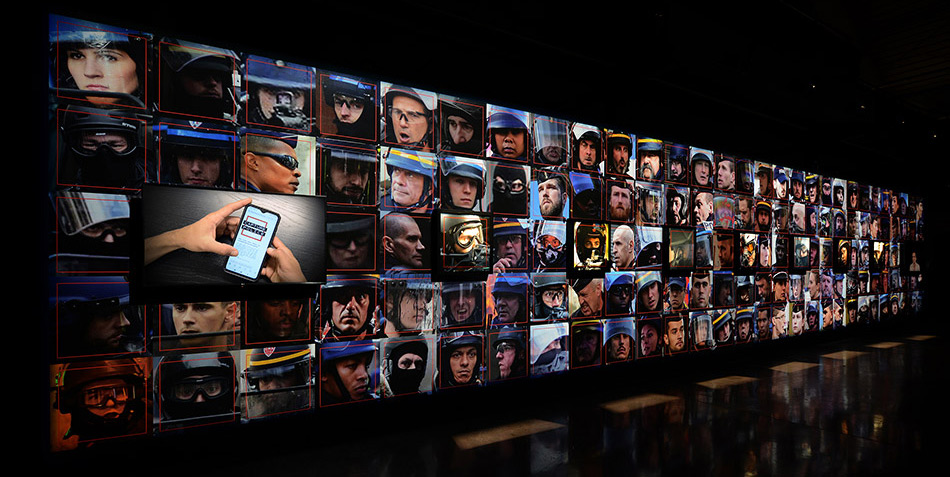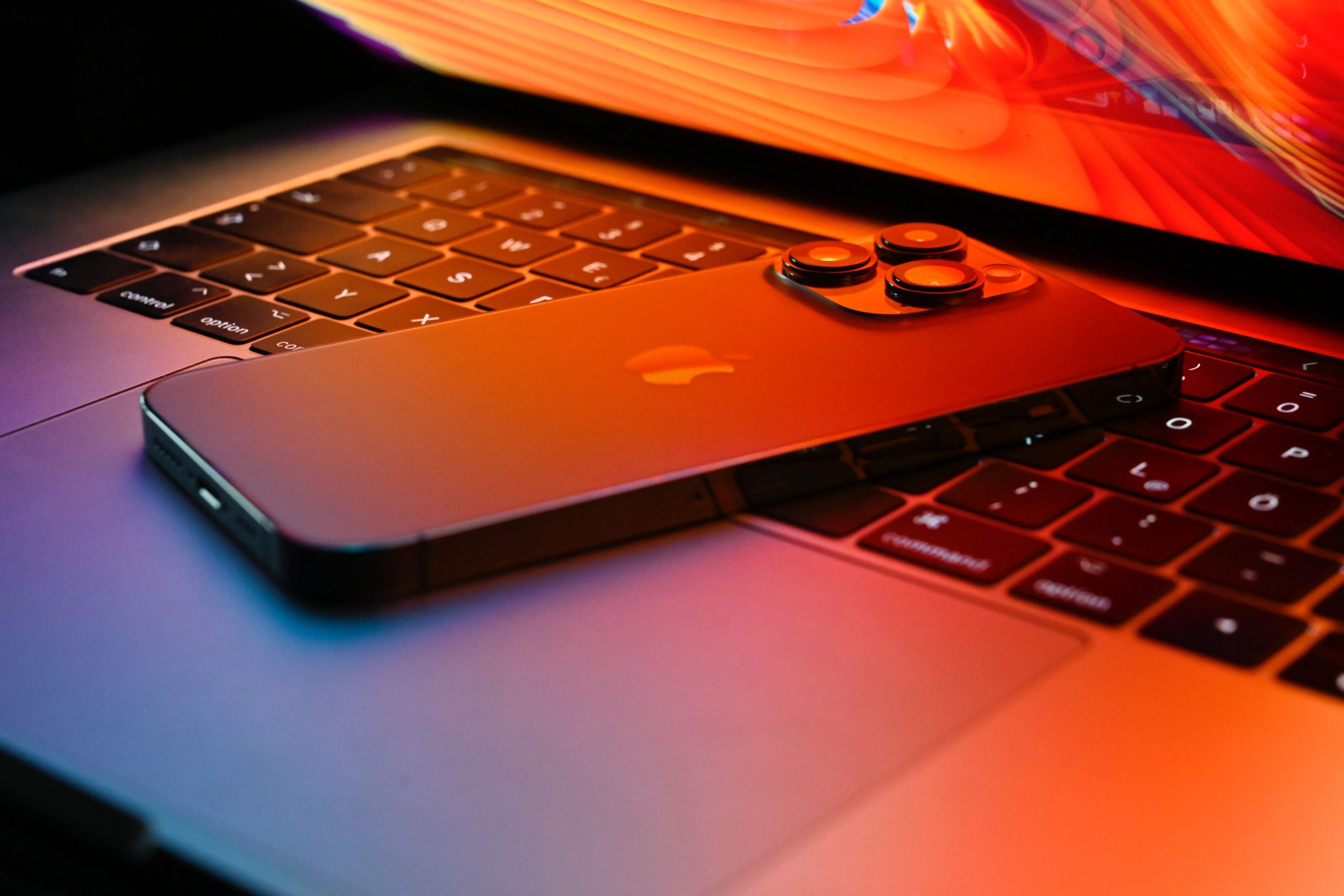[vc_row][vc_column][vc_single_image image=”115253″ img_size=”full” add_caption=”yes”][vc_column_text]“I was expecting some reaction,” artist and activist Paolo Cirio told Index on Censorship referring to his installation, Capture, which is made up of publicly-sourced photographs of police officers during protests in France. “But this reaction is much more than expected.”
The installation was due to open on 15 October at Le Fresnoy, a public institution for contemporary art in the north of France, but it was withdrawn following pressure from France’s Minister of Interior. In a tweet on 2 October, Minister Gérald Darmanin called Cirio’s work an “unbearable pillorying of women and men who risk their lives to protect us” and demanded that the exhibition be “deprogrammed” under threat of legal action.
Cirio did create a separate online platform to crowdsource the names of the police officers as part of his wider campaign against facial recognition, but the photographs in the installation at Le Fresnoy were to appear without names, dates, times or locations. He insists that the exhibition would have posed no risk to any of the police officers’ privacy.
“I have stated many times that I have done it even to protect their privacy and to show that [facial recognition] is a potential danger to them,” Cirio explained. “It’s dangerous for everyone even for the police.”
Cirio had hoped that Capture would highlight the asymmetry of power related to facial recognition by showing how the technology can be used “against” the same authorities that urge its use. “During protests police are always trying to cover their mask more and more, and cover their identification number or anything that can identify them, while they use facial recognition against the protesters,” Cirio explained.
“The reaction from the general public is also much more than I expected,” Cirio said. “It’s actually pretty tense – every day I get up and I receive very nasty or scary messages”. But he has also been receiving some messages of support. “Of course there are all the antifa or more left-wing people in France who consider me a hero in a way.”
Since his installation was removed from the programme, Cirio said that Le Fresnoy have offered to show just one of the videos from Capture, but none of the photos. “Basically they’re saying ‘we can still show your work but only this video’,” Cirio said. “They are trying to hide the entire part of the project about police by not showing it, by not even discussing it, which of course is not something I am going to accept.”
In a statement, Le Fresnoy’s director Alain Fleischer said that they had told Cirio that they “could never support a project [linked] to a digital platform where the public would be encouraged to identify and name policemen [sic]”. He said that the decision to remove Cirio’s exhibition was prompted not necessarily by the pressure from the interior minister but by the risk of legal prosecution arising from their association with his work.
“[T]hey were two different things,” Cirio said referring to Capture and the online platform crowdsourcing the names of police officers, accusing Le Fresnoy of linking them in order to justify their decision to censor the installation. “The truth is that they feel the pressure to show no photos of police officers at all.”
“Anyway, again I think it’s appropriate to say that the censorship is from the government, not from Le Fresnoy. I don’t have bad blood against them,” Cirio said. “I understand their position. Too bad they couldn’t stand up with me a little longer.”
Cirio is now discussing the case with three French lawyers, who agree that his installation does not violate French law. “They’re actually suggesting that I file a complaint against the interior minister for censorship,” he said.
“It’s very shocking that this is happening in France. Anyone would think that France is the cultural capital of the world and it’s where all the artists are and there’s total freedom of speech and instead it’s not really the case anymore I would say,” Cirio said.[/vc_column_text][/vc_column][/vc_row][vc_row][vc_column][/vc_column][/vc_row]






